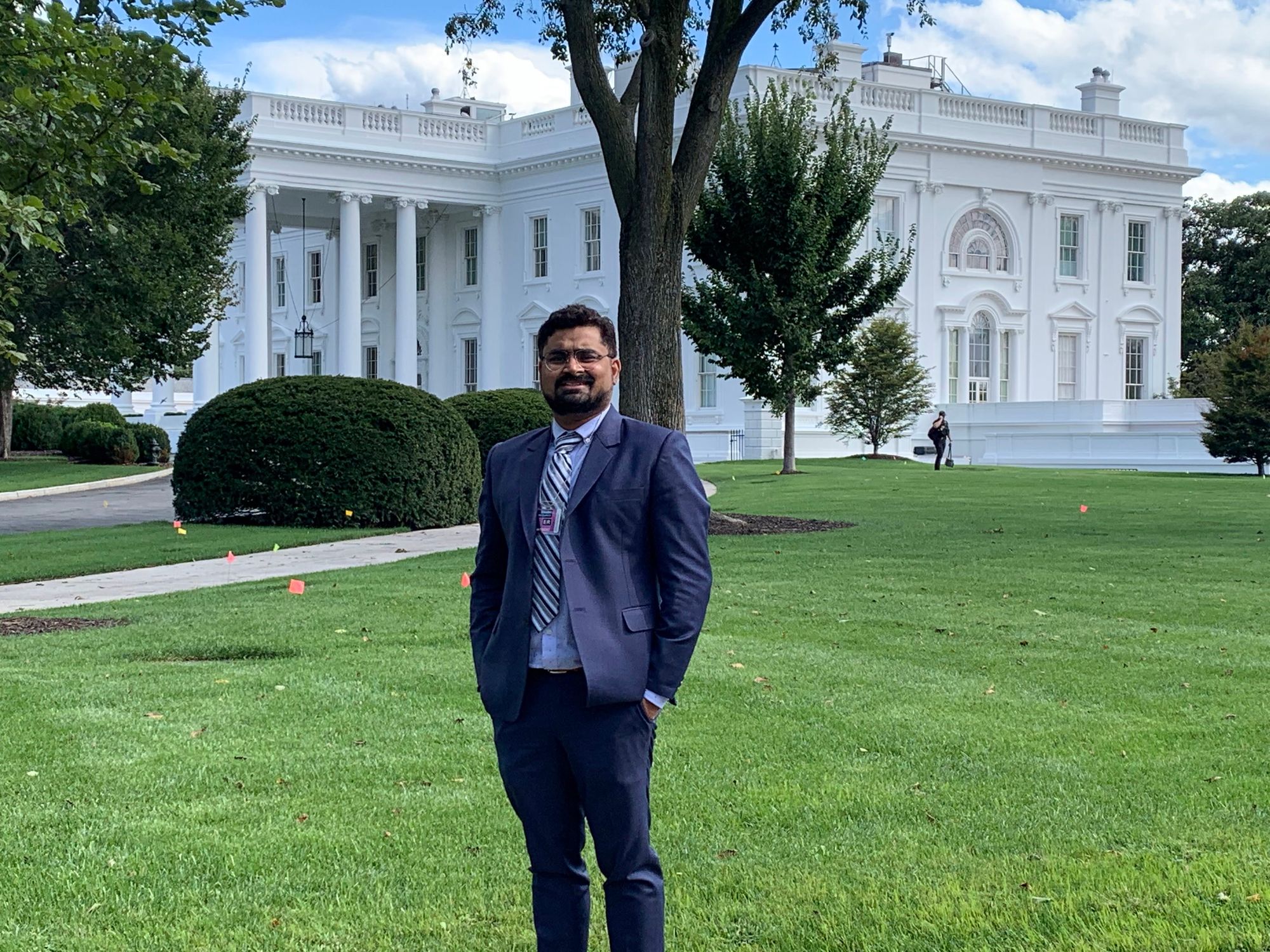Congress leader Pawan Khera takes ECI controversy global
Congress leader warns US audience of escalating centralization and political use of investigative agencies.
.jpg) Pawan Khera. / Facebook
Pawan Khera. / Facebook
Taking India’s domestic political battles onto the international stage, Congress leader Pawan Khera on Aug.20 accused the Modi government of systematically dismantling democratic safeguards and weaponizing institutions to suppress opposition-led state governments.
Khera was speaking as a panelist at an event organized by the Indian American Muslim Council (IAMC) in Washington, where he alleged that new legal provisions being advanced by the Centre amount to a direct assault on India’s federal structure.
Congress leader Pawan Khera took his criticism of the Modi-led government to an international audience this week, raising concerns about what he described as an alarming centralization of power in India. Speaking at a panel organized by the Washington D.C.-based Indian American organization IAMC, Khera warned that new legal provisions being pushed by the central government could undermine the autonomy of opposition-led state governments.
“These are attempts by the Modi-led government to arrogate unbridled powers to itself,” Khera said, arguing that the measures could allow state leaders to be jailed even before being convicted. “Unfriendly state governments can be overthrown overnight, literally, by just putting the Chief Minister behind bars.”
Khera pointed to the prolonged detention of activists like Umar Khalid as evidence of the government’s willingness to wield such powers without trial. “Here would be a Chief Minister going behind bars even before the trial begins. He or she is not yet convicted — just arrested — and the government goes on the 31st day,” he said.
The Congress leader also accused the BJP of leveraging central investigative agencies, including the Enforcement Directorate, Central Bureau of Investigation, and the Income Tax Department, to target political rivals, warning that the new powers would expand this arsenal further. He did not spare the media from criticism, asserting that mainstream outlets were largely aligned with the ruling party. “Media is, by and large, very, very sold out. Let me be very upfront — especially the traditional media sold out to the ruling party,” Khera said.
When asked why U.S. lawmakers should care about alleged “vote theft” in India, Khera declined to answer directly, citing political constraints. “Considering I’m a politician, I’m not supposed to say certain things that have to be politically correct in my silence, so I would pass it on,” he said.
Khera’s remarks were complemented by his co-panelist, Mr. Sanjay Senior Advocate, Supreme Court of India. Hegde, who offered a broader perspective on why India’s democratic trajectory matters to the U.S. and the world. Hegde highlighted shared democratic ideals and historical ties, pointing to the influence of Franklin D. Roosevelt on Winston Churchill during World War II as an example of collaborative support for India’s independence.
“The U.S. is the most powerful democracy, and India is the largest,” Hegde said. “What binds our countries is a shared aspirational democracy. We have a shared destiny in a democratic future.”
He drew parallels between the two countries’ experiences with elected authoritarianism, noting that lessons from voter suppression, community organization, and legal interventions in the U.S. have resonance in India. “India and the U.S. are following the same reality show. Sometimes the U.S. is a few seasons behind. Sometimes we are ahead. Arguments in your courts under the 14th Amendment have parallels under Article 14 in India,” Hegde said.
Hegde also stressed the global stakes of democratic backsliding. “It is in the interest of mankind that a majority believe in democratic values, not authoritarianism. Any backsliding will have a global impact. India can be a democracy and still achieve political rights and economic growth simultaneously. India is a magnificent experiment in organizing a democratic future. The U.S. may pride itself on being the first mover, but most of the actual testing happens in India. I do think the U.S. should be concerned about what happens here.”
-10”-x-5.jpg)

 ROHIT SHARMA
ROHIT SHARMA.jpg)
.jpg)





.jpg)
.jpg)



.jpg)

Comments
Start the conversation
Become a member of New India Abroad to start commenting.
Sign Up Now
Already have an account? Login